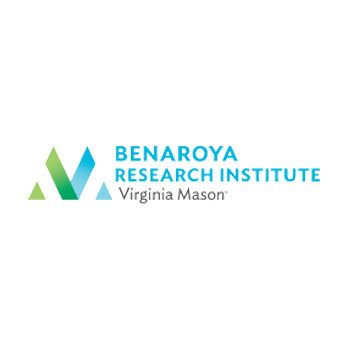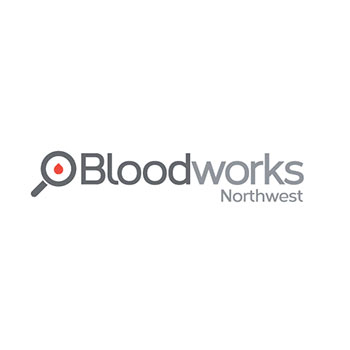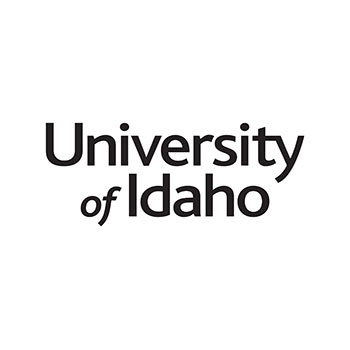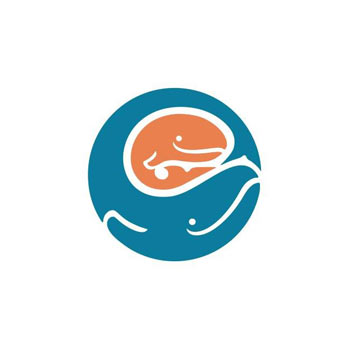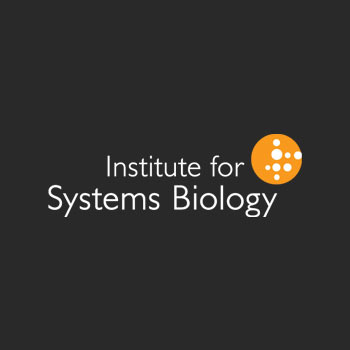Functional Genomics and Bioinformatics Laboratory, University of Washington

The overall objective of the University of Washington Superfund Research Program (UW SRP) Functional Genomics and Bioinformatics Laboratory is to provide state-of-the-art capabilities for the study of functional genomics to identify and characterize genetic and proteomic associations to environmental-related diseases, enabling genetic and proteomic analyses for basic toxicological research and population-based studies for the UW SRP investigators. To achieve this objective this Core Laboratory provides UW SRP investigators an advanced nucleic acids diagnostics instrumentation center with multi-user access to automated DNA sequencing, genotyping/haplotyping analyses, DNA microarray services, novel TaqMan-based quantitative gene expression assays, and other molecular biology-based analytical methodology. In addition, this facility furnishes UW SRP investigators with all services associated with the bioinformatics analyses and statistical evaluation of the gene expression- and SNP-based microarray-derived results. These services include feature extraction of microarray derived tiff image files, normalization and statistical analysis, generation of differentially expressed gene lists, pathway analyses, evaluation of genetic associations, and data mining. Furthermore, the Functional Genomics and Bioinformatics Core C Laboratory affords UW SRP investigators an advanced proteomic instrumentation center with multi-user access to automated protein identification, and other analytical protein methodology using conventional ELISAs or the Bio-Plexâ Suspension Array System (Bio-Rad, Inc.). The Core C personnel also offer consultation to UW SRP investigators regarding the design and integration of functional genomic approaches in their individual research programs.




